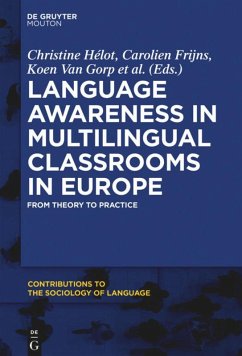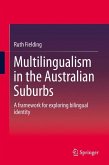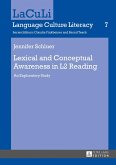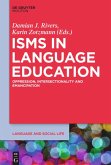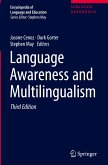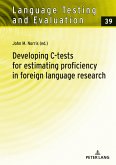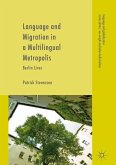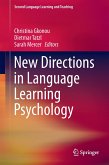Within the scope of today's globalisation, linguistic diversity is a given fact of the world we live in. In several educational contexts in Europe, language awareness (LA) activities have been introduced with the objective to prepare pupils cognitively, socially and/or critically for life as multilingual, open minded and/or empowered citizens in a diverse world. Despite previous research in various contexts, the concept of LA remains problematic: a generally accepted, evidence-based conceptualisation is missing. This confronts both research and education with a challenge: in order to develop LA activities, implement them successfully in educational contexts and achieve the expected outcomes, we should know what the concept stands for, how it works and why we would choose to implement it in classrooms (or not). This volume focuses on three apparent simple questions: what, how and why? The first question - what? - refers to the concept(ual mess) of LA. The second question - how? - refers to the implementation of LA activities in several educational contexts. The third question - why? - is a recurrent theme running through all the chapters and deals with a reflection on the way we deal (un)consciously with LA activities in education.
"Stärken des Sammelbands sind das breite Angebot an unterschiedlichen Ansätzen von LA und die gut dokumentierten, engagiert vermittelten und übertragbaren Praxisbeispiele für die LA-Arbeit mit (zukünftigen) Lehrenden und Lernenden sowie Eltern. Sie machen die Lektüre für alle lohnenswert, die sich mit Sprachenbewusstsein im Unterricht, vor allem mit soziolinguistischen Konzepten im Zusammenhang mit dem Ziel einer höheren Bildungsgerechtigkeit, beschäftigen." Elisabeth Allgäuer-Hackl in: Zeitschrift für Angewandte Linguistik 2020; 72, 129-134

